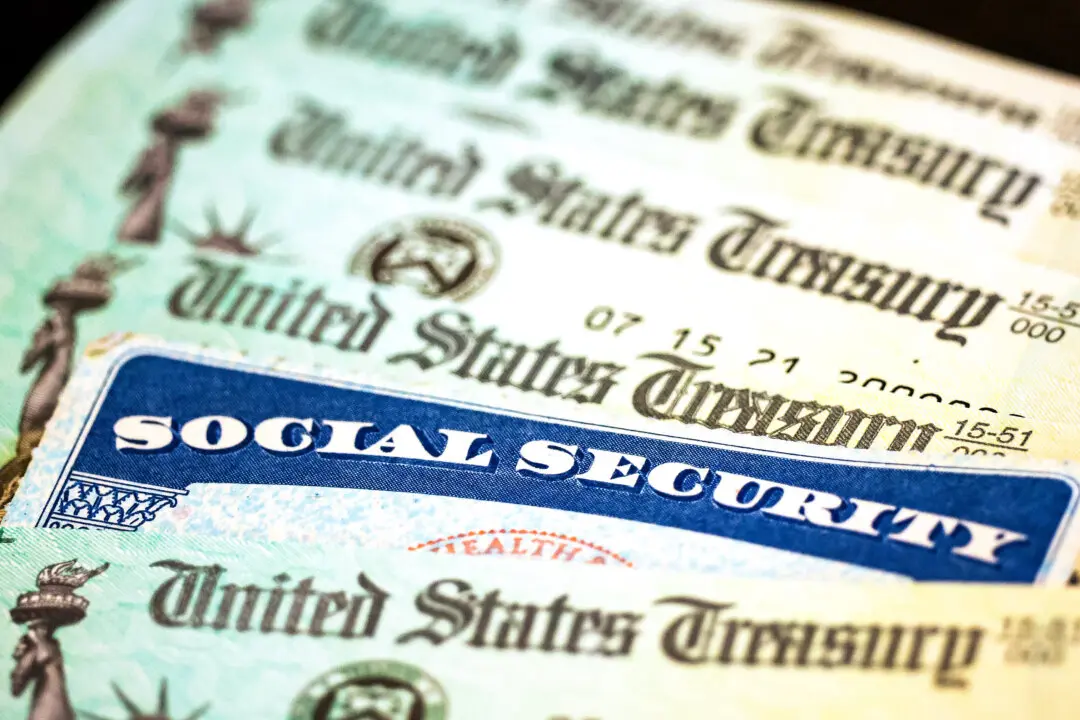After a data protection company confirmed that numerous Social Security numbers were hacked, several websites have appeared this week allowing people to check if they’ve been compromised in the data breach.
A lawsuit filed in a Florida court against National Public Data alleged that cybercrime organization USDoD hacked the firm and that hackers then put the database for sale on the dark web for $3.5 million. The suit claimed that about 2.9 billion records, including names and Social Security numbers, span at least the last three decades.





